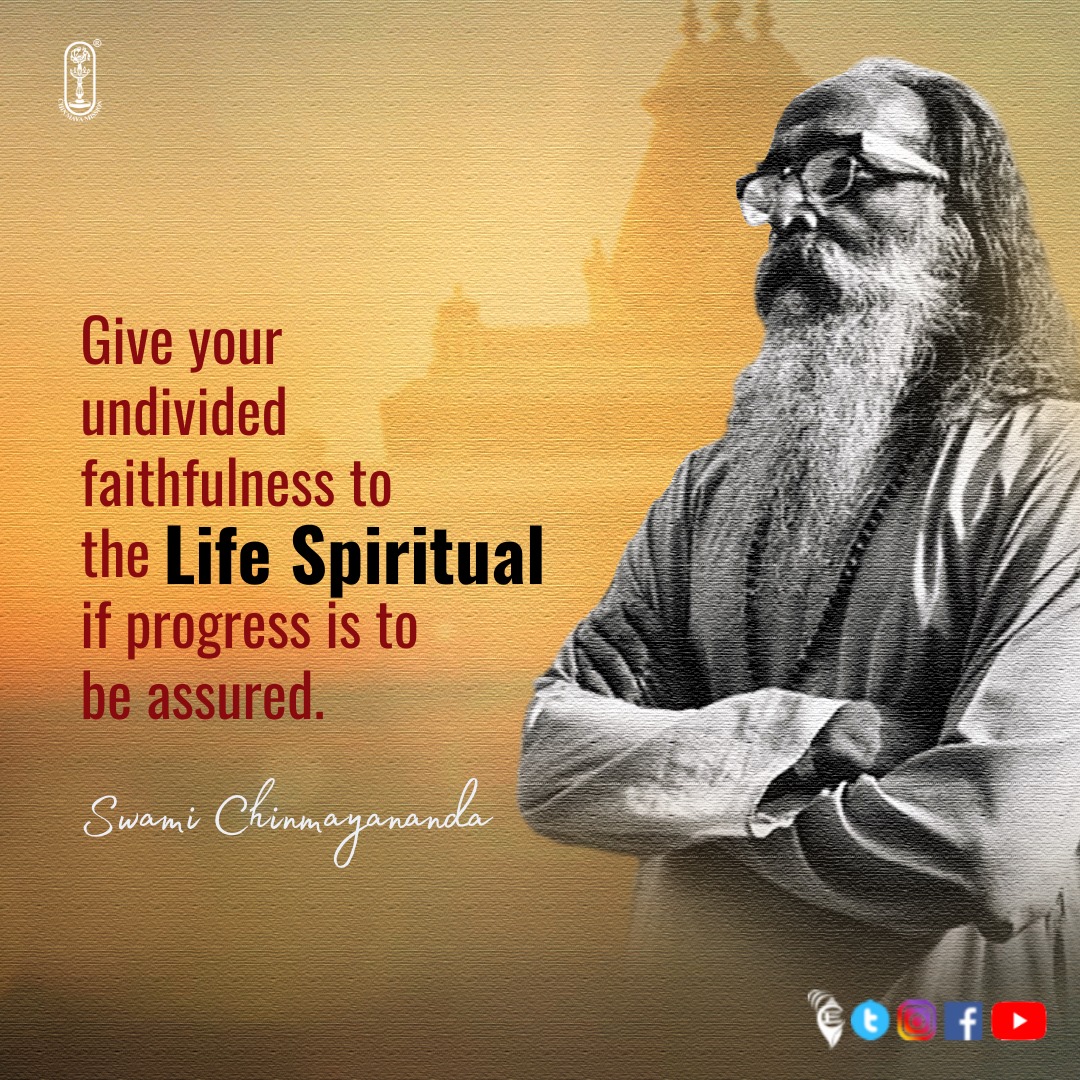Srimad Bhagavad-Gita Chapter-17. Slokam-13.
======================================================================
=====================================================================
Monday, November 29, 2021. 7:00 PM.
Srimad Bhagavad-Gita
Chapter-17. { Sraddha-traya-vibhaga-yogam }
Slokam-13.
======================================================================
BG 17.13:
vidhiheenamasrishtaannam mantraheenamadakshinam |
shraddhaavirahitam yajnyam taamasam parichakshate || 13 ||
-------------------------------------------------------------------------------------------------------------------
Translation :
vidhiheenam : contrary to scripture
asrishtaannam : without distribution of food
mantraheenam : without chanting of hymns
adakshinam : without donation to priests
shraddhaavirahitam : performed without faith
yajnyam : sacrifice
taamasam : taamasic
parichakshate : they call
-----------------------------------------------------------------------------------------------------------------------
Slokam translation :
"Sacrifice devoid of faith and contrary to the injunctions of the scriptures, in which no food is offered, no mantras chanted, and no donation made, is to be considered in the mode of ignorance."
They call that sacrifice to be taamasic which is contrary to scripture, in which no food is distributed, without chanting of hymns or donations to priests, and performed without faith.
------------------------------------------------------------------------------------------------------------------------
----------------------------------------------------------------------------------------------------------------
Commentary :
At every moment in life, individuals have choices regarding which actions to perform. There are proper actions that are beneficial for society and for us. At the same time, there are inappropriate actions that are harmful for others and us. However, who is to decide what is beneficial and what is harmful? And in case a dispute arises, what is the basis for resolving it? If everyone makes their own decisions then pandemonium will prevail. So the injunctions of the scriptures serve as guide maps and wherever a doubt arises, we consult these scriptures for ascertaining the propriety of any action. However, those in the mode of ignorance do not have faith in the scriptures. They carry out religious ceremonies but disregard the ordinances of the scriptures.
In India, specific gods and goddess associated with each festival are worshipped with great pomp and splendor. Often the motive behind the external grandeur of the ceremony—gaudy decorations, dazzling illumination, and blaring music—is to collect contributions from the neighborhood. Further, the Vedic injunction of offering a donation to the priests performing religious ceremony, as a mark of gratitude and respect, is not followed. Sacrifice in which such injunctions of the scriptures are ignored and a self-determined process is followed, due to laziness, indifference, or belligerence, is in the mode of ignorance. Such faith is actually a form of faithlessness in God and the scriptures.
Here, Shri Krishna describes the attitude of taamasic individuals towards action, using the symbolism of a sacrificial ritual once again. He says that taamasic attitude towards action totally disregards shaastra or scripture. Scripture refers to a higher law, any notion of ethics or morality. There is no thought as to the consequence of the action to oneself and to other individuals whatsoever. Any task done without proper planning or performed haphazardly falls into this category.
Next, Shri Krishna says that there is no distribution of food in the sacrifice. In the taamasic attitude, the person not only claims the results of the action as their own, but goes to great lengths to ensure that no one else gains the benefit of the action, even if it is their due. For instance, if a business has a good year, the owner may hoard the profits instead of giving employees a bonus. Furthermore, the taamasic attitude does give respect or listen to advice of senior people, referred to as “priests” in this shloka.
The main problem with the taamasic attitude is that all actions are performed with lack of faith. In other words, actions are performed for all the wrong reasons – someone else told us to perform the action, we are just doing it for the sake of doing it, we are doing it grudgingly, we are not putting our heart into it, we are not involved in it and so on. The performance of actions is as if it is being done by a lifeless entity, a corpse.
End.
======================================================================







Comments
Post a Comment